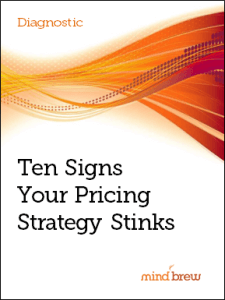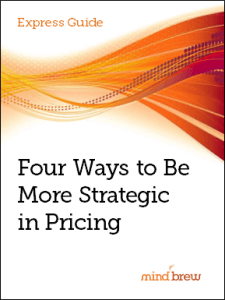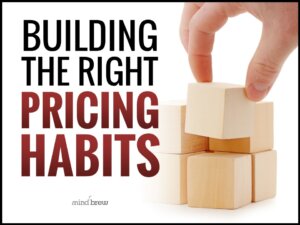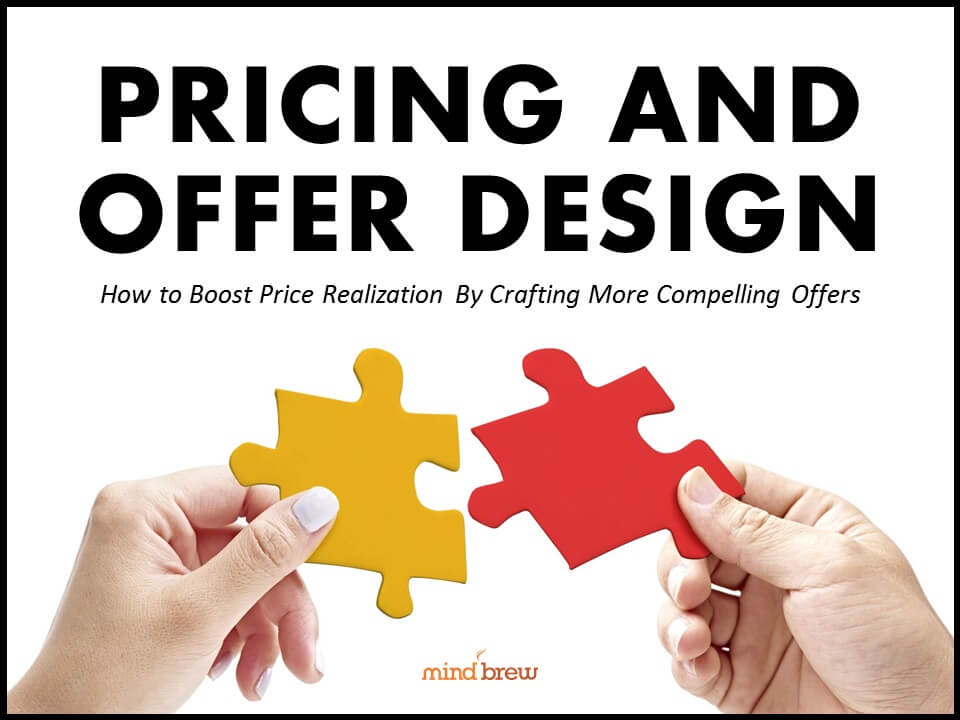Most value-based methods and approaches will focus primarily on the price-premium angle…where a prospect will actually pay more money because they understand the value of a certain feature, function, or benefit, relative to competitive offerings. Obviously, this is a very important angle because it has significant profitability implications.
However, preference can be extremely powerful as well. Preference is where a perceived differential value contributes to higher close-rates, rather than price-premiums.
In other words, you might ultimately realize the same price, but due to a particular differential value-driver, prospects will actually prefer to buy from you. So, all else being equal, you end-up closing or winning a disproportionate share of the business relative to your competitors.
Here’s an example:
Let’s say that you’re evaluating a number of pricing analytics software solutions. You’ve been able to narrow the field down to three possibilities. But from here, they all appear to be pretty similar. They’re all saying they can meet your targeted budget, with all of the features, functionality, and capabilities you’ve specified. And, of course, they’re all trying to throw-in some additional bells and whistles in an attempt to win the deal.
But you see through all of that and recognize that on your specified selection criteria and desired level of value-exchange, they are virtually identical.
Obviously, none of these players is really going to get a price premium. After all, you’re a shrewd negotiator with a target budget number and value-ratios you’re sticking to. So, how will you decide?
Here’s where preference drivers come into play. Human behavior being what it is, your buying preference will most likely be swayed by something non-economic, or even something that may have very little to do with the solution specification at-hand. Maybe one of the providers has been around for 10 more years. Maybe one of the solutions is in its 8th version, while the others are in their 2nd. Or maybe, one of the solutions is the solution that is seemingly being used by “everyone else” in your industry.
See how that works?
As improved close-rates have significant profitability and revenue implications, it’s important to be mindful of the preference angle as you move forward in your efforts.
In fact, you will do well to focus on both premium and preference value-drivers whenever possible, rather than focusing on only those things that can lead to a price-premium. If you can effectively address both, the combination can be game-changing…allowing you to win a higher share of the business, at higher realized prices, all at the same time.













